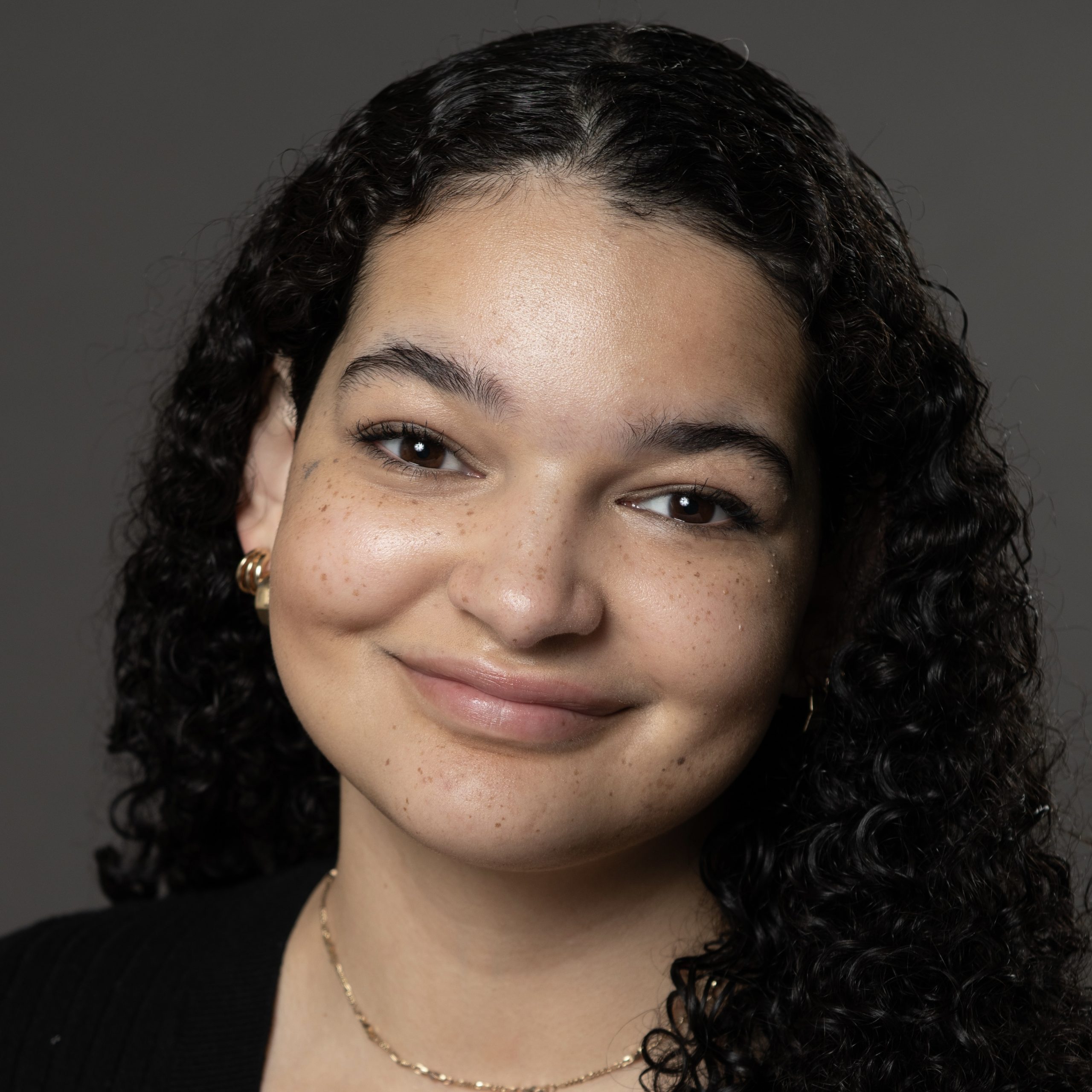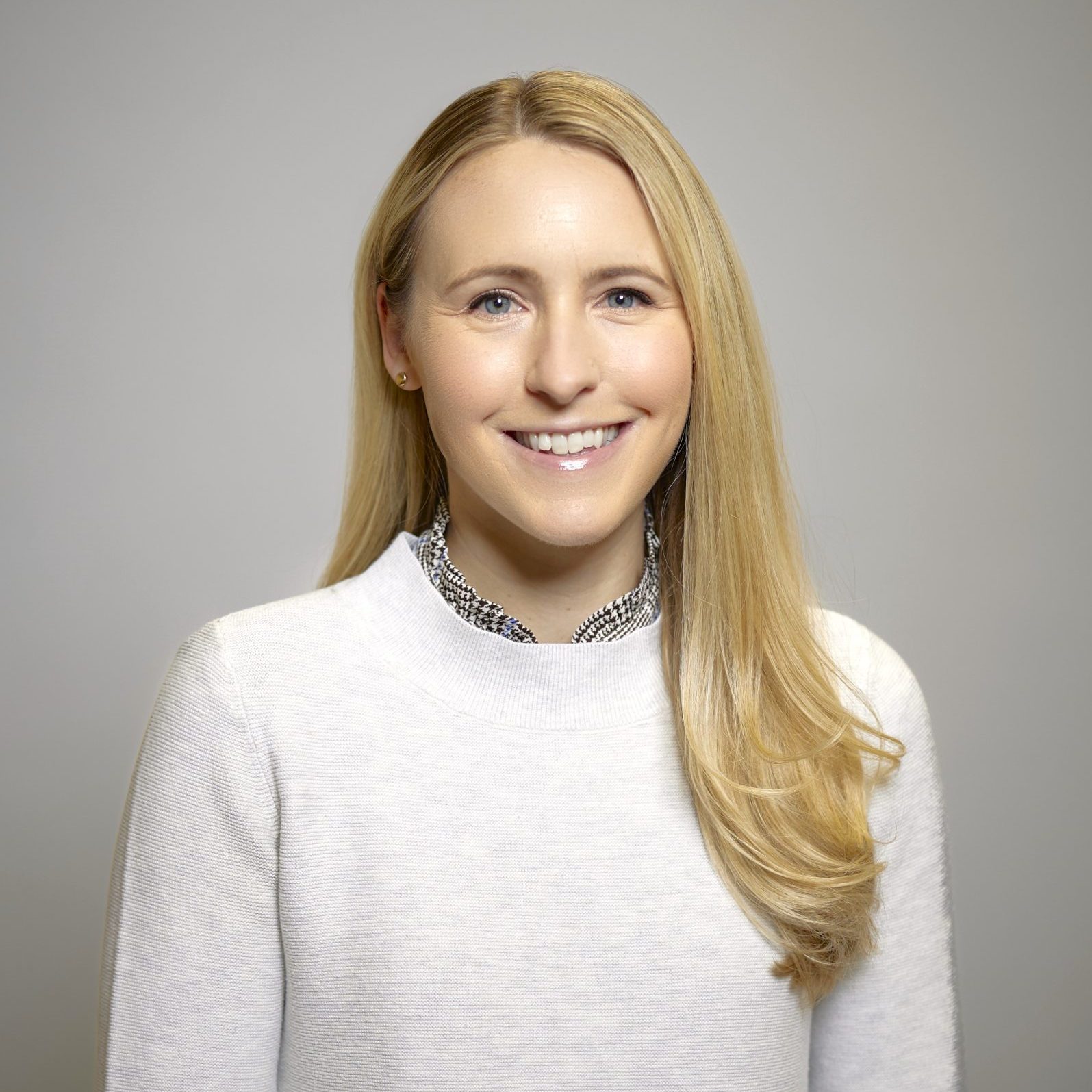Take 5: Behavioral health leader Lauren Foster talks expansion of peer support benefit for those in recovery
August 31, 2023"Take 5" is a series in which we pose five questions to a Blue Cross associate and learn more about who they are, what they do, and how they help our members live their healthiest lives.
In June 2023, Blue Cross announced an expansion of a mental health and addiction recovery peer support specialist benefit to commercial plans beginning in 2024. Previously available only to Blue Plus members enrolled in state healthcare programs, the coverage expansion marks a first-of-its-kind expansion for this service by a local non-profit health insurer.
 During the same month, the Substance Abuse and Mental Health Services Administration (SAMHSA) released national model standards for peer support certification to ensure educational consistency across the nation. The certification is the result of a directive from the White House’s strategy to address the nation’s mental health crisis.
During the same month, the Substance Abuse and Mental Health Services Administration (SAMHSA) released national model standards for peer support certification to ensure educational consistency across the nation. The certification is the result of a directive from the White House’s strategy to address the nation’s mental health crisis.
In this edition of “Take 5”, we discuss peer support specialists with Blue Cross behavioral health principal program manager Lauren Foster, who was invited by SAMHSA to lend her expertise at the recent National Peer Workforce Summit in Washington, D.C. The summit brought together insurers, providers, advocacy groups, local and federal government officials and specialists working in the field today to discuss current and future needs of the profession.
Lauren has ten years of experience in the behavioral health field, working in policy, program development and leadership capacities. She holds a bachelor’s degree in social work from St. Catherine University, a master’s degree in clinical social work from the University of St. Thomas and a business management certificate from Century College.
What are your areas of responsibility at Blue Cross?
I am one of two principal program managers for behavioral health. My role supports the mental health, substance use and wellness needs of our members. This includes creating internal programs, community programs, and working on our benefits.
How does your work help to drive positive change for members?
Behavioral health has long been my passion and I am always assessing ways to make an impact. In 2019, I was awarded a mental health innovation grant by DHS for my work with the Latinx community residing in intensive residential treatment facilities in Minnesota. I became a youth mental health first aid trainer in 2022. Most recently, our team saw the importance (and success) of the peer support specialists serving our Blue Plus members and began working to extend the coverage to our commercial members.
What does a "peer support specialist" do for others?
First of all, I should emphasize that while these positions require very specific training and certification, they are not clinical in nature. These are people who bring their own lived experiences and successes in navigating the care system to others who are going through similar journeys. The role is effective in helping with a range of difficult circumstances related to mental health or substance use. Peers share strength-based wellness strategies, reduce shame by sharing their recovery stories, and encourage hope. Areas of focus for specialists can include:
- Certified Family Peer Specialists – have raised or are raising a child with a mental health or substance use disorder, providing non-clinical support to strengthen the family and increase parents’ ability to support the treatment goals of the child
- Certified Peer Specialists – have had a mental health diagnosis and are available to assist members with their recovery journey
- Peer Recovery Specialists – have had a substance use diagnosis and are available to assist members with their recovery journey
You recently spoke about the importance of this role at the National Peer Workforce Summit in Washington, D.C. What insights did you share?
In short, the full picture. Because Blue Cross is one of the first insurers to take this actionable step for members, we’re at the forefront of a national trend. I was given the opportunity to be on a panel of other thought leaders and I spoke about financing the benefit, what it took to get internal consensus and the challenges (and solutions) we predict to encounter as we move forward.

What were your key takeaways from the experience?
Three valuable learnings stood out to me:
- Providing non-clinical, trauma informed treatment alternatives is essential.
- People with lived mental health or substance use experience are crucial to informing the entire behavioral health system.
- There is a broad support network available to assist the expansion of these services.
Learn more
All peer support specialists covered by Blue Cross will be credentialed according to the new national certification model standards, and Blue Cross will be partnering with the provider community to ensure members have options on where to receive care from a peer specialist.
Resources for those looking to get involved in this work include Mental Health America, Peer Recovery Center of Excellence and the National Association of Peer Supporters.
For more information about Blue Cross and Blue Shield of Minnesota coverage, visit our Emotional & Behavioral Health center.



